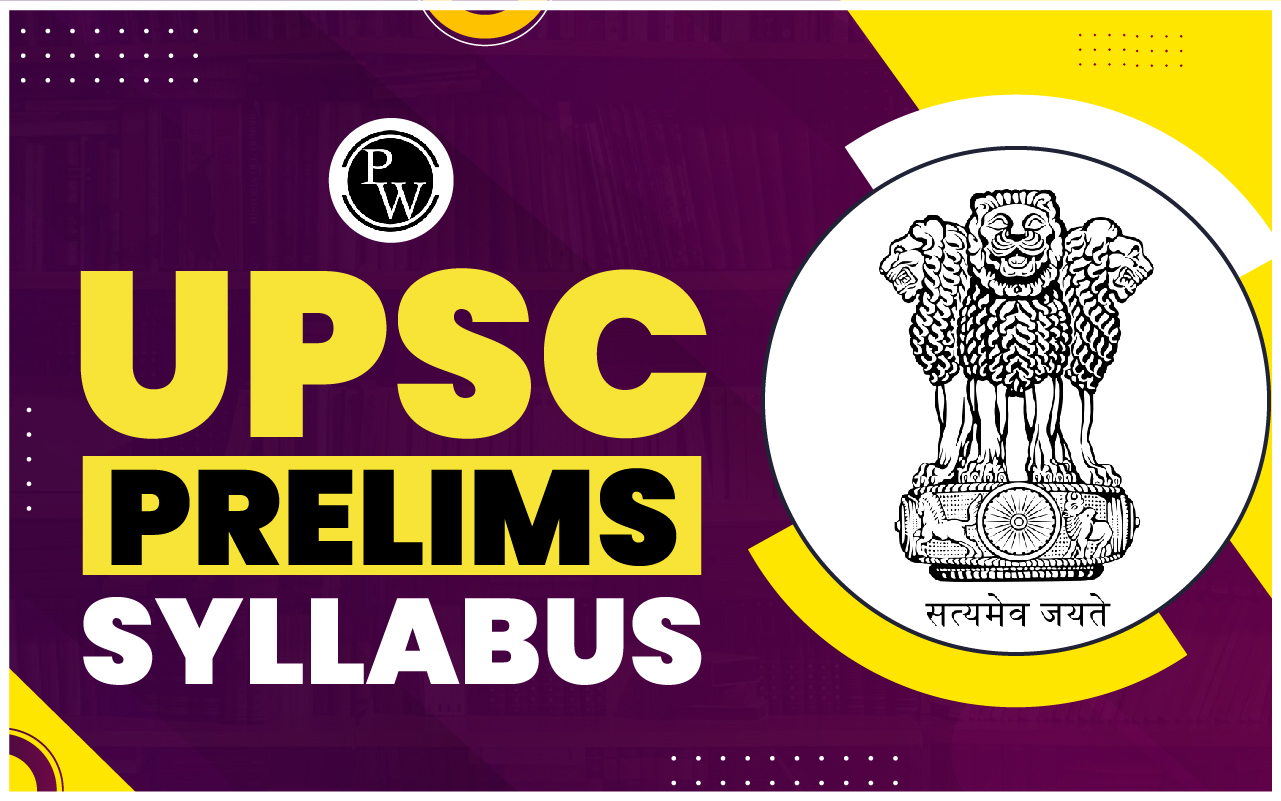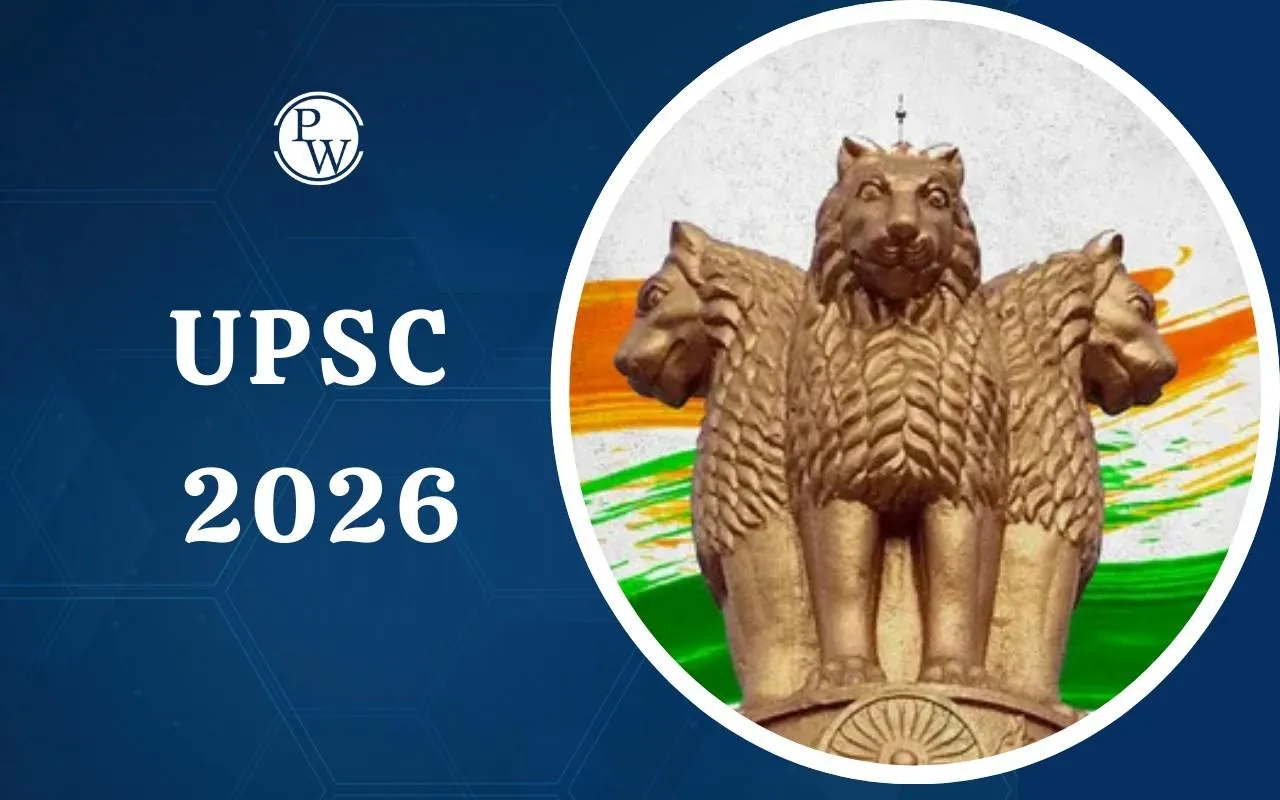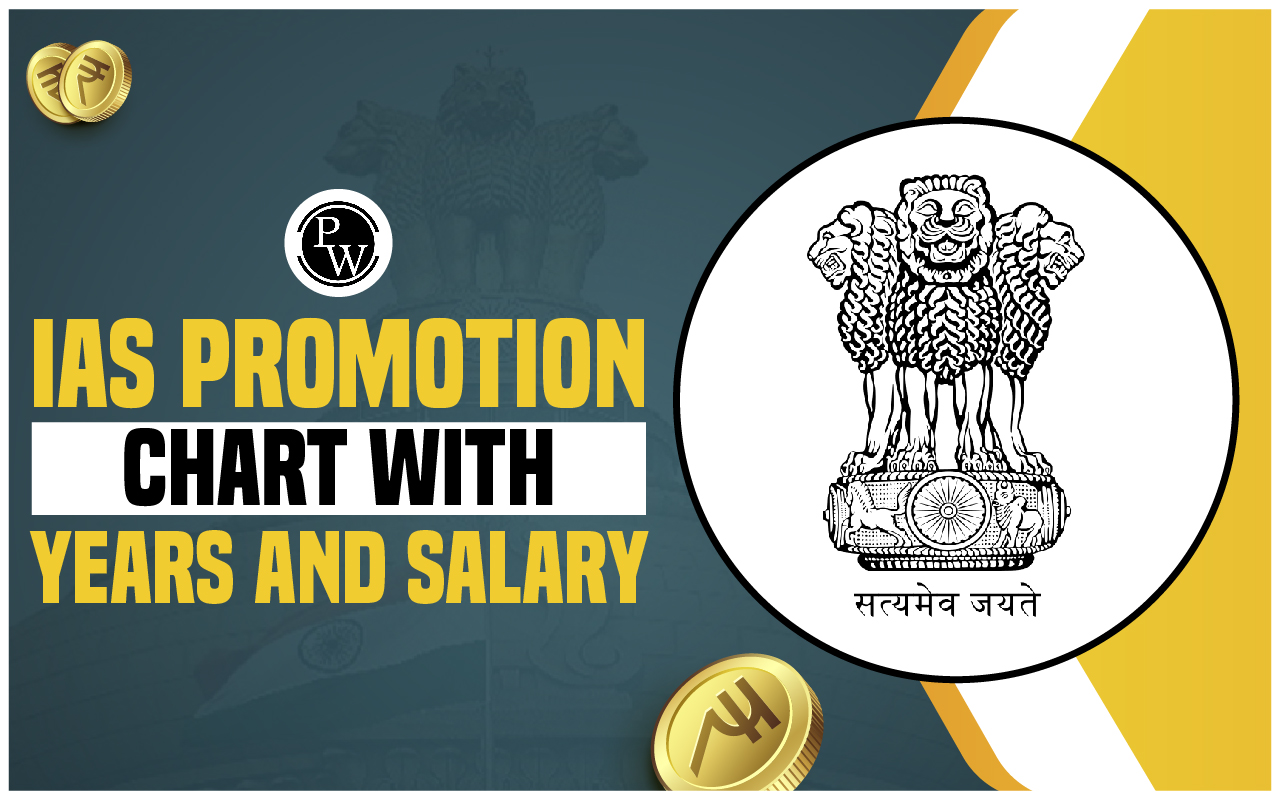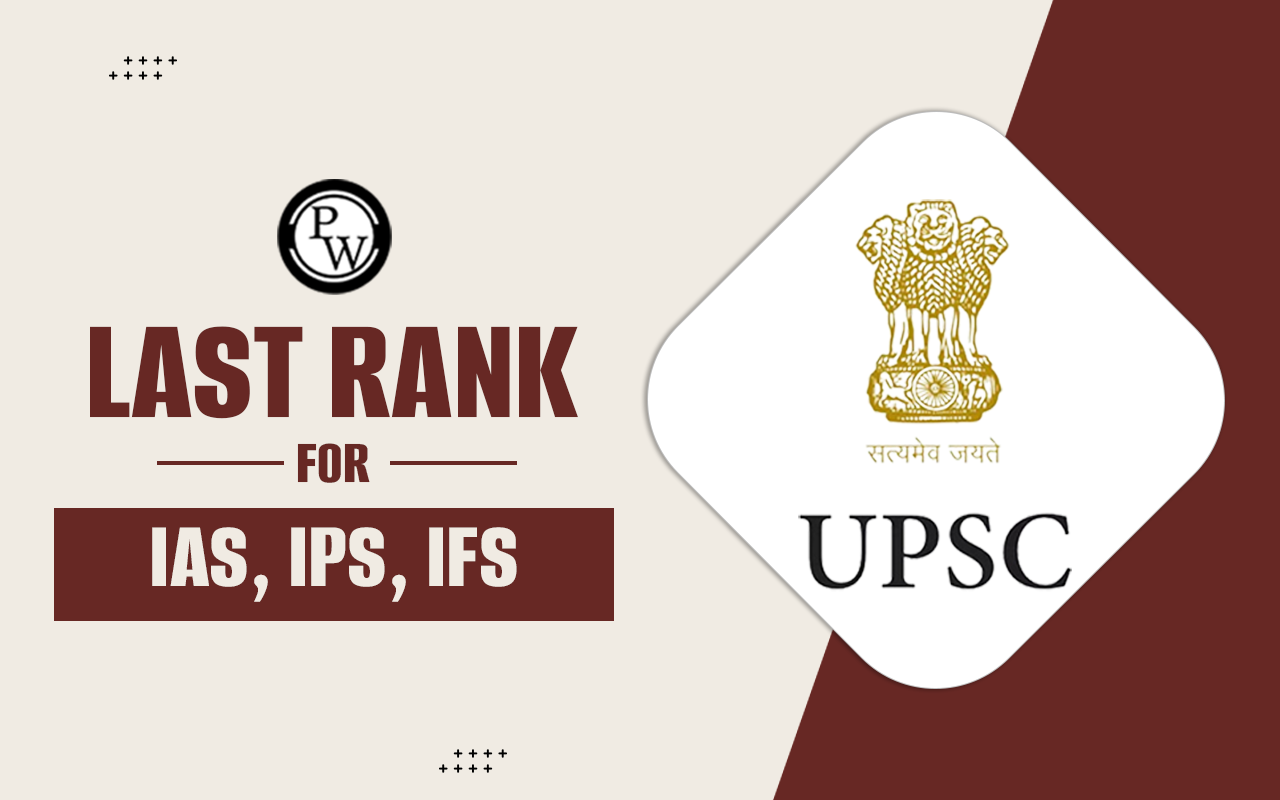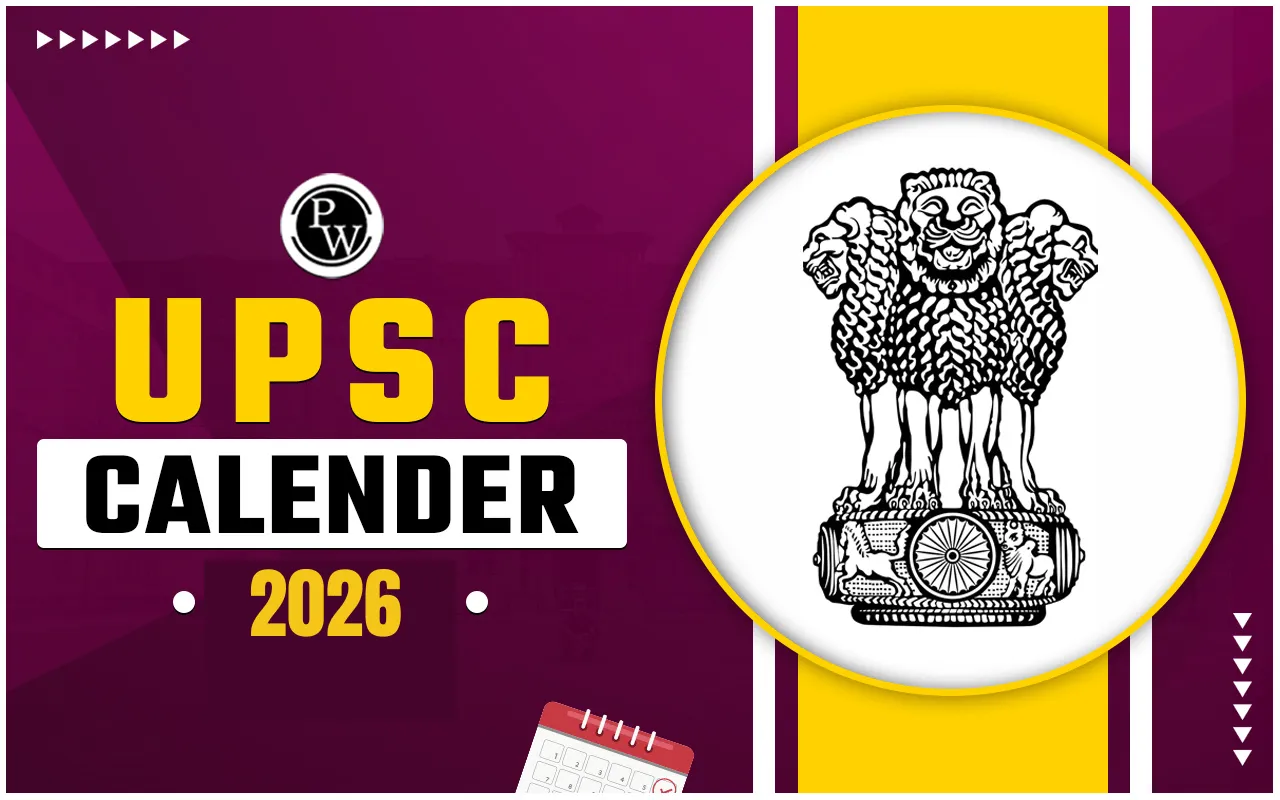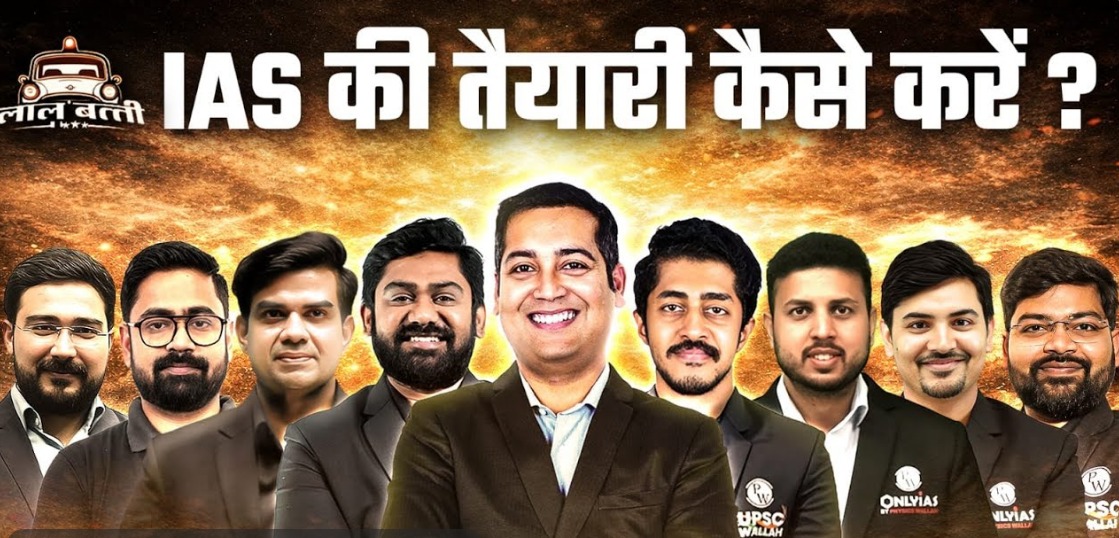
UPSC Medical Science Optional : The Medical Science Optional provides an opportunity for candidates with a background or interest in medicine and allied fields to leverage their expertise and excel in the examination. It is one of the 48 optional UPSC IAS Mains exam papers, comprising two papers - Paper I & Paper II , each carrying 250 marks, making a total of 500 marks out of a total of 1750 marks of the UPSC mains exam.
Therefore, choosing the right optional subject for the UPSC Civil Services Mains examination is a critical decision that can significantly impact a candidate's overall performance and ranking . So, if you are also going to appear for the UPSC Mains exam and wondering which subject to select, explore the key insights of UPSC Medical Science optional, along with the syllabus , pros and cons , recommended books , and strategies to prepare effectively for this paper.UPSC Medical Science Optional Syllabus For IAS Mains
The Medical Science optional syllabus equips aspirants with the knowledge required to tackle medical-related questions in the UPSC examinations effectively. The syllabus is divided into two papers, Paper I and Paper II . Here's a detailed overview of the UPSC Medical Science optional syllabus for each paper:UPSC Medical Science Optional Syllabus for Paper I
Paper I of the Medical Science optional covers fundamental concepts and principles of medicine, including anatomy, physiology, biochemistry, pathology, pharmacology, microbiology, and forensic medicine. Candidates can expect questions from the following topics:| 1. Human Anatomy |
|
| 2. Human Physiology |
|
| 3. Biochemistry |
|
| 4. Pathology |
|
| 5. Microbiology |
|
| 6. Pharmacology |
|
| 7. Forensic Medicine and Toxicology |
|
UPSC Medical Science Optional Syllabus for Paper II
Paper II of the Medical Science optional delves into specialized areas of medicine , including clinical medicine, surgery, obstetrics and gynaecology, paediatrics, preventive and social medicine, psychiatry, and radiology. Candidates can expect questions from the following topics:| 1. General Medicine |
|
| 2. Paediatrics |
|
| 3. Dermatology |
|
| 4. General Surgery |
|
| 5. Obstetrics and Gynaecology including Family Planning |
|
| 6. Community Medicine (Preventive and Social Medicine) |
|
Medical Science Optional UPSC Exam Pattern
The UPSC Civil Services Examination offers Medical Science as one of its optional subjects, comprising two papers, Paper I and Paper II. These papers are among the nine detailed papers in the UPSC Mains examination. Get key highlights of the optional UPSC exam structure for Medical Science from below:| Particular | Details |
| Mains Paper | Paper VI and Paper VII |
| Subjects | Medical Science Optional Paper-I Medical Science Optional Paper-II |
| Total Marks | 500 (250 Each) |
| Time allowed | 3 Hours for each paper |
| Sections | Section A and Section B |
| Questions | Total 8 questions with subparts |
| Compulsory Question | Question No. 1 and 5 |
| Marks Distribution | 10, 15, and 20 marker questions |
Pros and Cons of Medical Science Optional UPSC Subject
Opting for Medical Science as an optional subject in the UPSC examination comes with its own set of advantages and challenges. Here's a look at the pros and cons of choosing Medical Science as an optional subject:Pros of UPSC Medical Science Optional Subject:
- Candidates with a background in medicine or allied fields have a natural advantage in understanding and mastering the subject.
- The syllabus overlaps with topics covered in the general studies papers, providing a holistic approach to preparation.
- Medical Science is a scoring subject for the candidates with a thorough understanding of the concepts.
- Studying Medical Science enhances candidates' knowledge and understanding of health-related issues, which is beneficial for future administrators.
Cons of UPSC Medical Science Optional Subject:
- The syllabus is vast which requires comprehensive preparation and in-depth understanding of multiple disciplines within medicine.
- Candidates without a background in medicine may find certain topics challenging to grasp.
- The dynamic nature of medical science necessitates keeping stay updated on recent developments and advancements, which can add to the preparation workload.
Strategic Approach to Prepare for UPSC Medical Science Optional
Preparing for the Medical Science optional requires a systematic and focused approach. Here are some strategies to help candidates prepare effectively for the examination:- Understand the Syllabus: Familiarize yourself with the UPSC Medical Science optional syllabus and identify key areas of focus.
- Select the Right Resources: Choose standard textbooks and online UPSC courses recommended by experts in the field. You can use UPSC medical science optional solved papers to practice well.
- Make Notes: Create concise notes summarizing important concepts, diagrams, and clinical correlations to aid in revision.
- Practice Answer Writing: Regularly practice writing answers to previous years' question papers and online UPSC mock tests to improve time management and answer presentation skills.
- Stay Updated: Keep abreast of recent developments and advancements in the field of medicine through journals, websites, and other reliable sources.
- Revise Regularly: Schedule regular revision sessions to reinforce your understanding of key concepts and ensure retention.
Medical Science Optional Question Paper
Previous year's question papers in Medical Science are invaluable resources for candidates preparing for the UPSC Civil Services Examination. You can analyze these papers to get better insights into the subject's requirements and highlights. Here are the links to download the previous year's Medical Science optional question papers:| Paper | Year | Download Link |
| Medical Science Optional Paper I | 2022 | Link |
| Medical Science Optional Paper II | 2022 | Link |
| Medical Science Optional Paper I | 2021 | Link |
| Medical Science Optional Paper II | 2021 | Link |
| Medical Science Optional Paper I | 2020 | Link |
| Medical Science Optional Paper II | 2020 | Link |
Medical Science Optional UPSC Books for IAS Mains
Selecting the right books and study materials is crucial for effective preparation. Here's a list of recommended UPSC Medical Science optional UPSC books to help candidates prepare for the examination:UPSC Medical Science For Paper I
- Anatomy: BD Chaurasia's Human Anatomy, Gray's Anatomy for Students.
- Physiology: Ganong's Review of Medical Physiology, Guyton and Hall Textbook of Medical Physiology.
- Biochemistry: Harper's Illustrated Biochemistry, Lippincott's Illustrated Reviews: Biochemistry.
- Pathology: Robbins and Cotran Pathologic Basis of Disease, Goljan Rapid Review Pathology.
- Pharmacology: Katzung Basic and Clinical Pharmacology, Goodman and Gilman's The Pharmacological Basis of Therapeutics.
- Microbiology: Jawetz, Melnick, & Adelberg's Medical Microbiology, Murray's Medical Microbiology.
- Forensic Medicine: Textbook of Forensic Medicine and Toxicology by V.V. Pillay, Modi's Medical Jurisprudence and Toxicology.
UPSC Medical Science For Paper II
- Clinical Medicine: Harrison's Principles of Internal Medicine, Davidson's Principles and Practice of Medicine.
- Surgery: Bailey & Love's Short Practice of Surgery, Schwartz's Principles of Surgery.
- Obstetrics and Gynecology: DC Dutta's Textbook of Obstetrics, Shaw's Textbook of Gynaecology.
- Pediatrics: Nelson Textbook of Pediatrics, Ghai Essential Pediatrics.
- Preventive and Social Medicine: Park's Textbook of Preventive and Social Medicine, Public Health and Community Medicine by Rajvir Bhalwar.
- Psychiatry: Kaplan and Sadock's Comprehensive Textbook of Psychiatry, Essentials of Psychiatry by Neel Burton.
- Radiology: Fundamentals of Diagnostic Radiology by William E. Brant and Clyde A. Helms, Radiology Review Manual by Wolfgang Dahnert.
|
Other Important Links |
|
| UPSC 2024 Exam Date | UPSC Eligibility Criteria |
| Online UPSC Coaching Batches | UPSC Prelims Syllabus |
| UPSC 2024 Mains Syllabus | UPSC Application Form Guide |
Medical Science Syllabus for UPSC 2024 FAQs
Is Medical Science a scoring subject in UPSC Mains?
Yes, Medical Science is considered a high-scoring optional subject in the UPSC examination for candidates with a strong understanding of medical concepts and principles.
How can I balance preparation for Medical Science optional and UPSC prelims?
Balancing preparation for both Medical Science optional and UPSC prelims requires effective time management and prioritization. Start by covering common topics in both syllabi, then allocate specific time for focused preparation for each exam.
Can I choose Medical Science optional subject without a background in medicine?
While having a background in medicine or allied fields is advantageous, candidates from other backgrounds can also opt for Medical Science as an optional subject. However, they may need to put in extra effort to grasp the concepts and cover the syllabus comprehensively.
What's the difficulty level of the Medical Science optional in UPSC?
The difficulty level of the Medical Science optional is often considered slightly lower than the professional MBBS exam.
How to prepare for Medical Science optional in 6 months?
Candidates can prepare well by adopting a strategic approach, including understanding the syllabus, selecting the right resources, and regular practice.
Talk to a counsellorHave doubts? Our support team will be happy to assist you!

Check out these Related Articles
Free Learning Resources
PW Books
Notes (Class 10-12)
PW Study Materials
Notes (Class 6-9)
Ncert Solutions
Govt Exams
Class 6th to 12th Online Courses
Govt Job Exams Courses
UPSC Coaching
Defence Exam Coaching
Gate Exam Coaching
Other Exams
Know about Physics Wallah
Physics Wallah is an Indian edtech platform that provides accessible & comprehensive learning experiences to students from Class 6th to postgraduate level. We also provide extensive NCERT solutions, sample paper, NEET, JEE Mains, BITSAT previous year papers & more such resources to students. Physics Wallah also caters to over 3.5 million registered students and over 78 lakh+ Youtube subscribers with 4.8 rating on its app.
We Stand Out because
We provide students with intensive courses with India’s qualified & experienced faculties & mentors. PW strives to make the learning experience comprehensive and accessible for students of all sections of society. We believe in empowering every single student who couldn't dream of a good career in engineering and medical field earlier.
Our Key Focus Areas
Physics Wallah's main focus is to make the learning experience as economical as possible for all students. With our affordable courses like Lakshya, Udaan and Arjuna and many others, we have been able to provide a platform for lakhs of aspirants. From providing Chemistry, Maths, Physics formula to giving e-books of eminent authors like RD Sharma, RS Aggarwal and Lakhmir Singh, PW focuses on every single student's need for preparation.
What Makes Us Different
Physics Wallah strives to develop a comprehensive pedagogical structure for students, where they get a state-of-the-art learning experience with study material and resources. Apart from catering students preparing for JEE Mains and NEET, PW also provides study material for each state board like Uttar Pradesh, Bihar, and others
Copyright © 2026 Physicswallah Limited All rights reserved.

